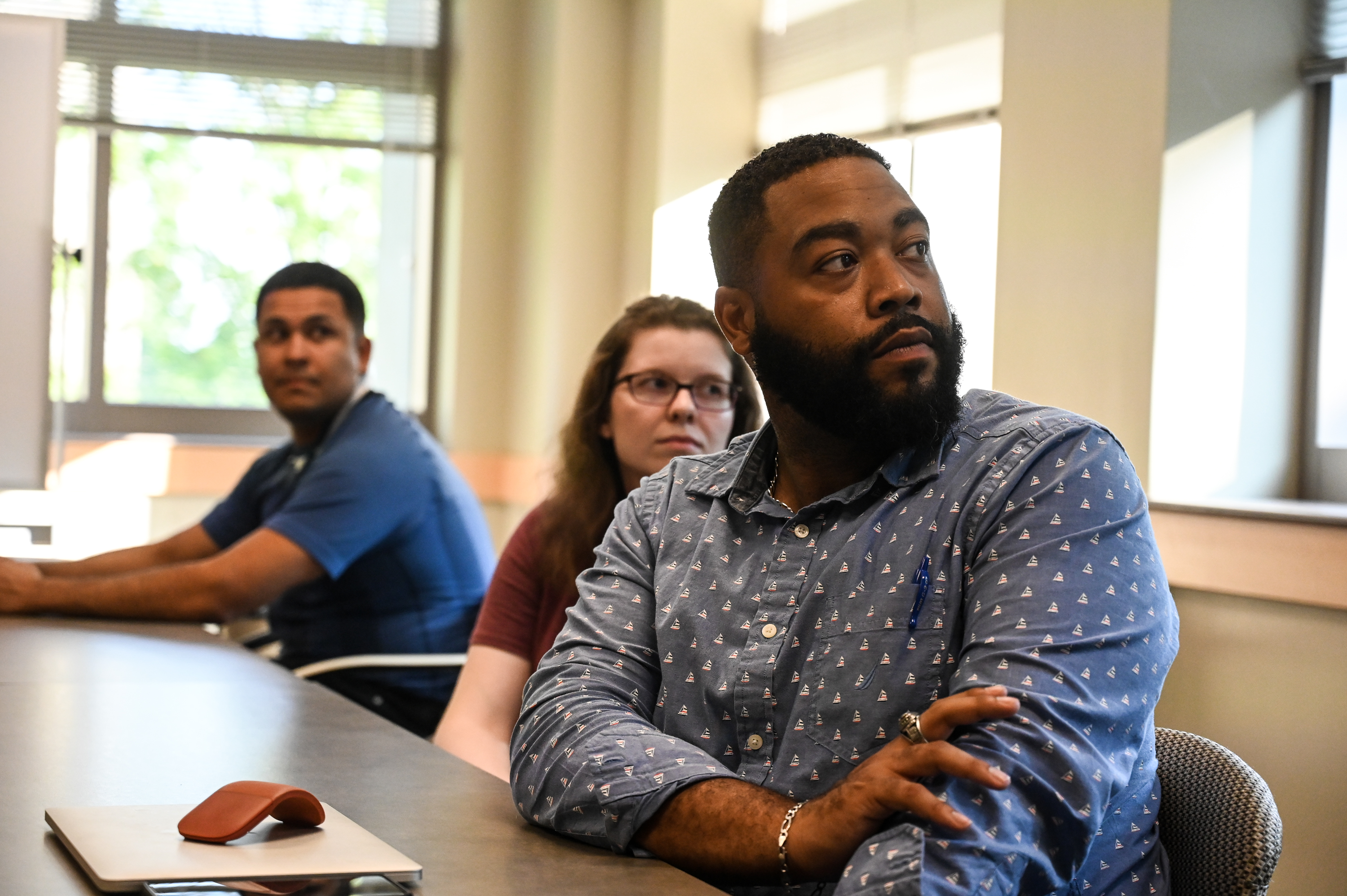Master's in Digital Learning
Muhlenberg College's master's in digital learning degree is designed to help students improve access to and equity in educational opportunities through the ethical integration of digital technologies. It is built for students who want to launch a career in digital learning design or current professionals.






